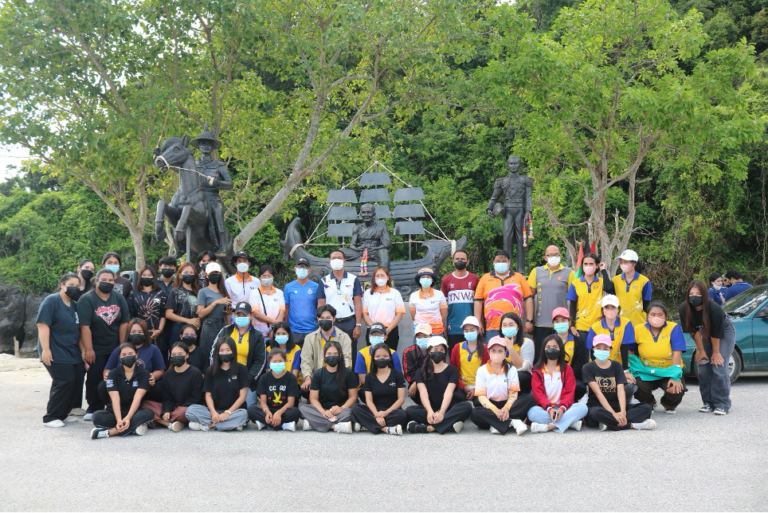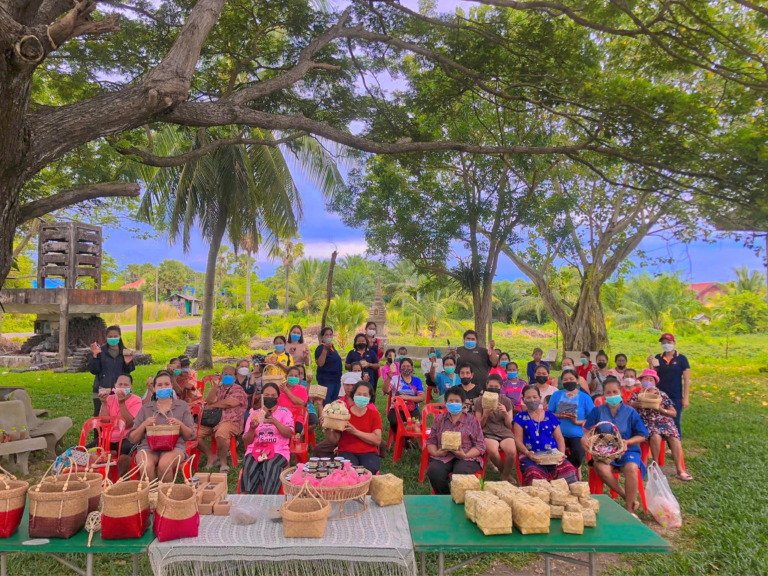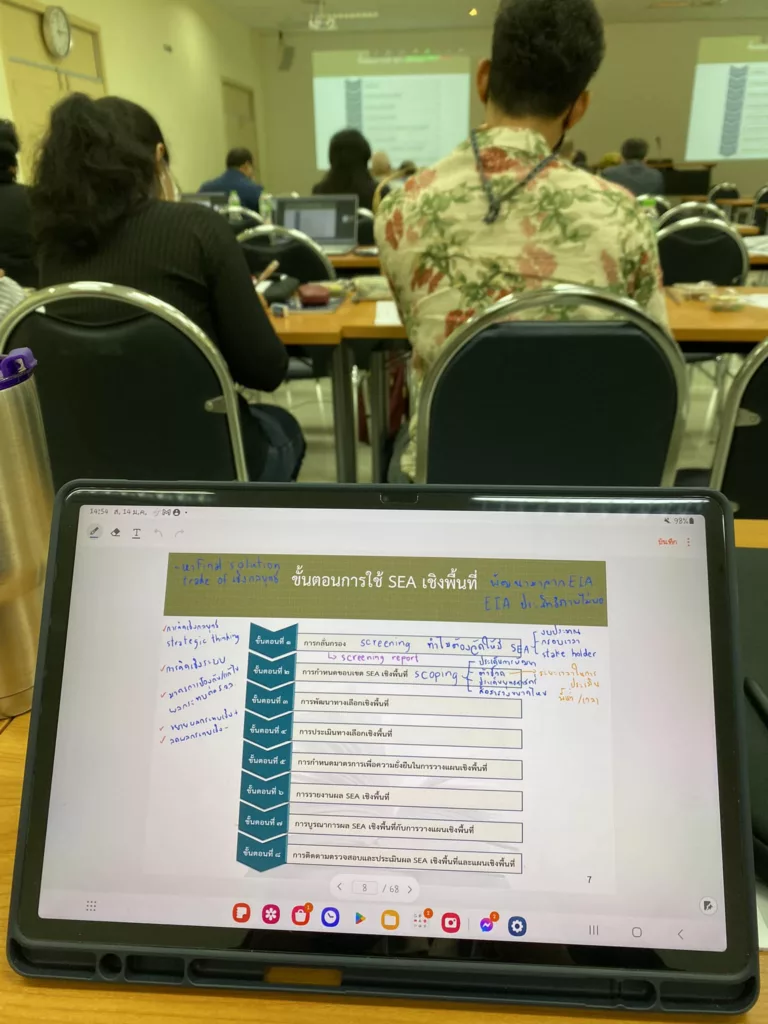Reporters : Assoc.Prof.Dr. Pornsil Seephueak
Asst.Prof.Dr. Prapot Maliwan
Assoc.Prof.Dr. Pornsil Seephueak
Asst.Prof.Dr. Nion Chirapongsathonkul
Dr. Worawitoo Meesook
Evidence Date: January 25, 2022
Indicator : 15.2.5
Related SDGs:
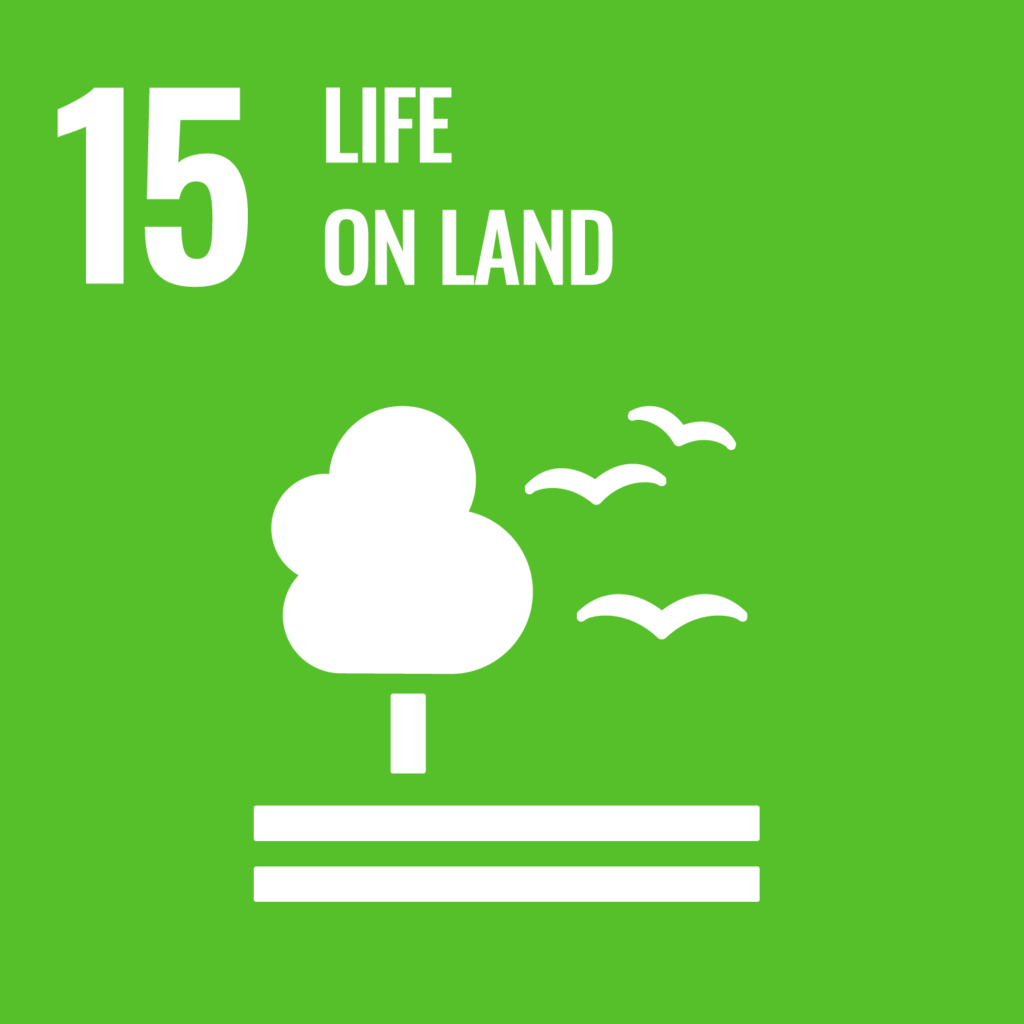
A group of 30 farmers from Dusit sub-district in Tham Phannara District, located in Nakhon Si Thammarat Province, Thailand, has come together to gain hands-on experience in cultivating Trichoderma and Beauveria fungi for pest control. These dedicated individuals are fortunate to have Assoc. Prof. Dr. Pornsil Seephueak, faculty of Agriculture, Rajamangala University of Technology Srivijaya, as their instructor, guiding them through the laboratory sessions. Under his expertise, they aim to enhance their knowledge and skills in the sustainable management of crop pests and contribute to the advancement of agricultural practices in their region. This trining took place at from Plant Pathology Laboratory, Faculty of Agriculture, Rajamangala University of Technology Srivijaya on 25 January 2022.

Fig1. Process for increasing the quantity of fungal cultures.
These farmers are acquiring essential skills in creating uncomplicated nutrient media, employing aseptic techniques for microorganism culture, and harnessing the power of microorganisms to combat pests. By replacing the use of hazardous chemicals with these eco-friendly methods, they aim to not only safeguard the environment but also contribute to the preservation of biological diversity. This training is a crucial step in promoting sustainable and environmentally responsible farming practices in their community.
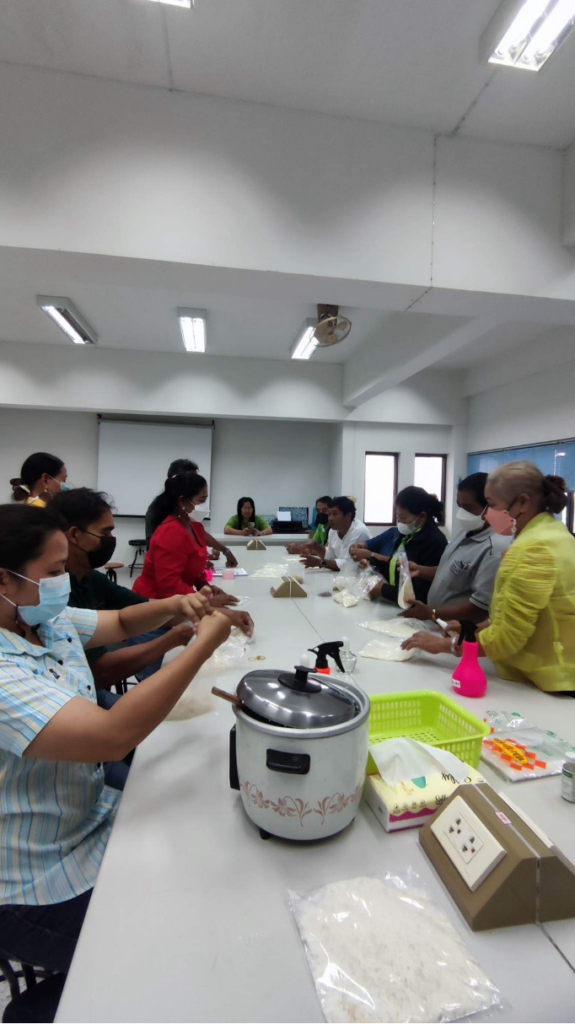
Fig 2. Durian farmers are engaging in fungal culture cultivation.
Related Links:

